I firmly believe that I would not be in my current position if it weren’t for the Deferred Action for Childhood Arrivals (DACA) policy.
I was born in a very poor part of Brazil. My family and I had a difficult upbringing, and I always hoped that I would have the chance to have a better life in the future. When I arrived in the United States as a youngster, that ambition came true. I realized right away how fortunate I was to have access to all of the options that came with living in America. Additionally, I started advocating for equal opportunities for other young immigrants at a young age.
In order to advocate for a more just and equal future for everyone and to bring attention to the difficulties faced by young immigrants, I assisted in organizing the Trail of DREAMs in 2010, a 1,500-mile walk from Miami to Washington, D.C.
I was given DACA status in 2012, about 15 years after I arrived in the United States, which gave me a lot of options both personally and professionally. Due to a family petition, I was granted permanent residency at the end of 2014 and, at the end of 2021, U.S. citizenship after DOMA was repealed in 2013. Despite everything, I have persisted in my goal of supporting legislative measures that will enable immigrants to prosper in Florida and elsewhere.
Through DACA, I was able to further my studies, become the executive director of Hope Community Center, and now prepare to run for a Florida House seat the following year.
Though I was fortunate enough to be able to change my status, many other Dreamers are still living in uncertainty and do not have the same chances.
In Florida, there are about 21,000 DACA beneficiaries. The 27,000 more U.S. citizens in Florida who live with DACA recipients and fear that their families may be split up every day are not even included in this figure.
DACA recipients’ ability to contribute to our economy is continuously in jeopardy. How can Dreamers live and work here in Florida with confidence when we cannot predict the future?
Nevertheless, in the 13 years since the policy’s inception, DACA beneficiaries have had a significant influence here in the Sunshine State. In addition to their enhanced purchasing power from visiting our local companies, DACA recipients have paid over $642 million in federal taxes and $329 million in state and local taxes since 2013. Additionally, over three-quarters of Florida DACA holders are already employed, demonstrating that this community of Floridians fills critical workforce positions.
Legislators should now concentrate on making sure that these contributions are protected. Instead, these achievements would be built upon by sensible immigration reform laws that would give DACA participants and Dreamers an easy-to-follow path to citizenship, paving the way for an even more prosperous Florida in the future.
I’ll keep working every day to find a solution that will allow other Dreamers to remain in this nation permanently. However, I think that in order for Florida’s businesses and economy to realize their full potential, this is something that we should all strive toward.
The executive director of Hope Community Center and a declared 2026 candidate for the Florida House in District 42 is Felipe Sousa-Lazaballet.
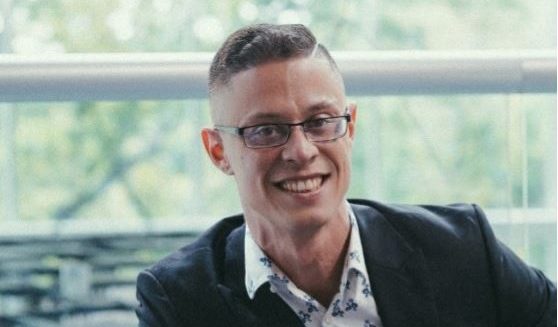
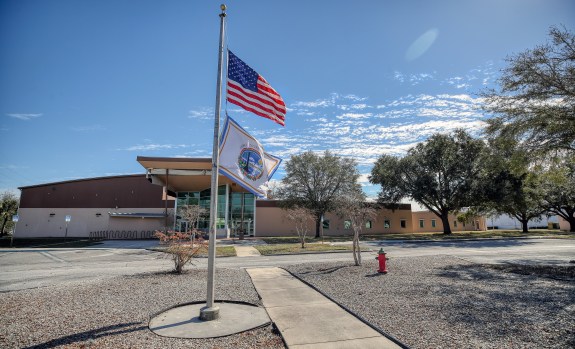
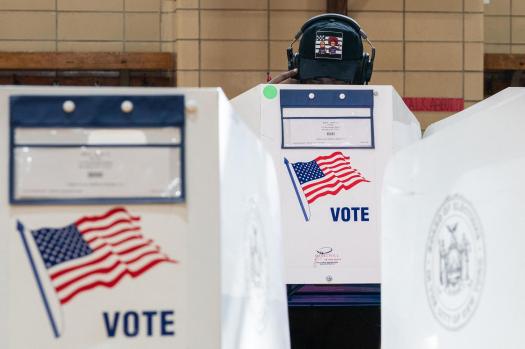
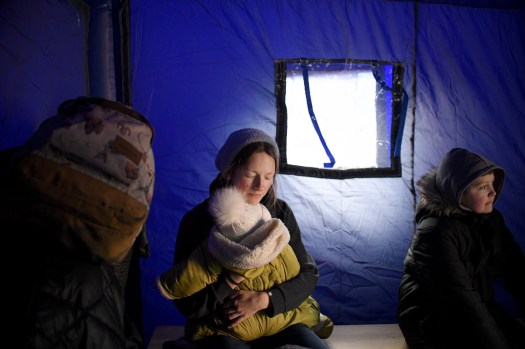
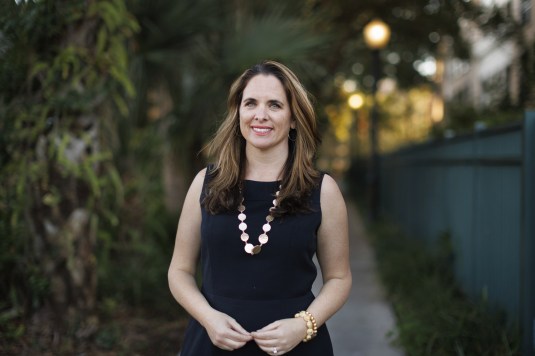
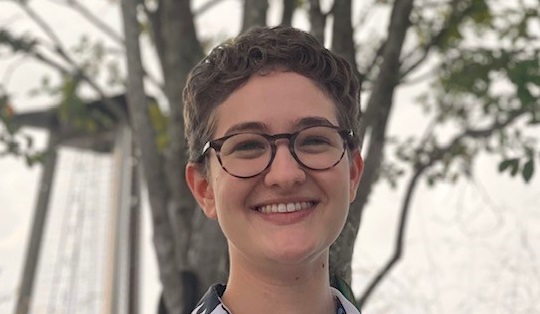






Commentary: As kids return to school, Florida continues to lead in education | Paul Renner